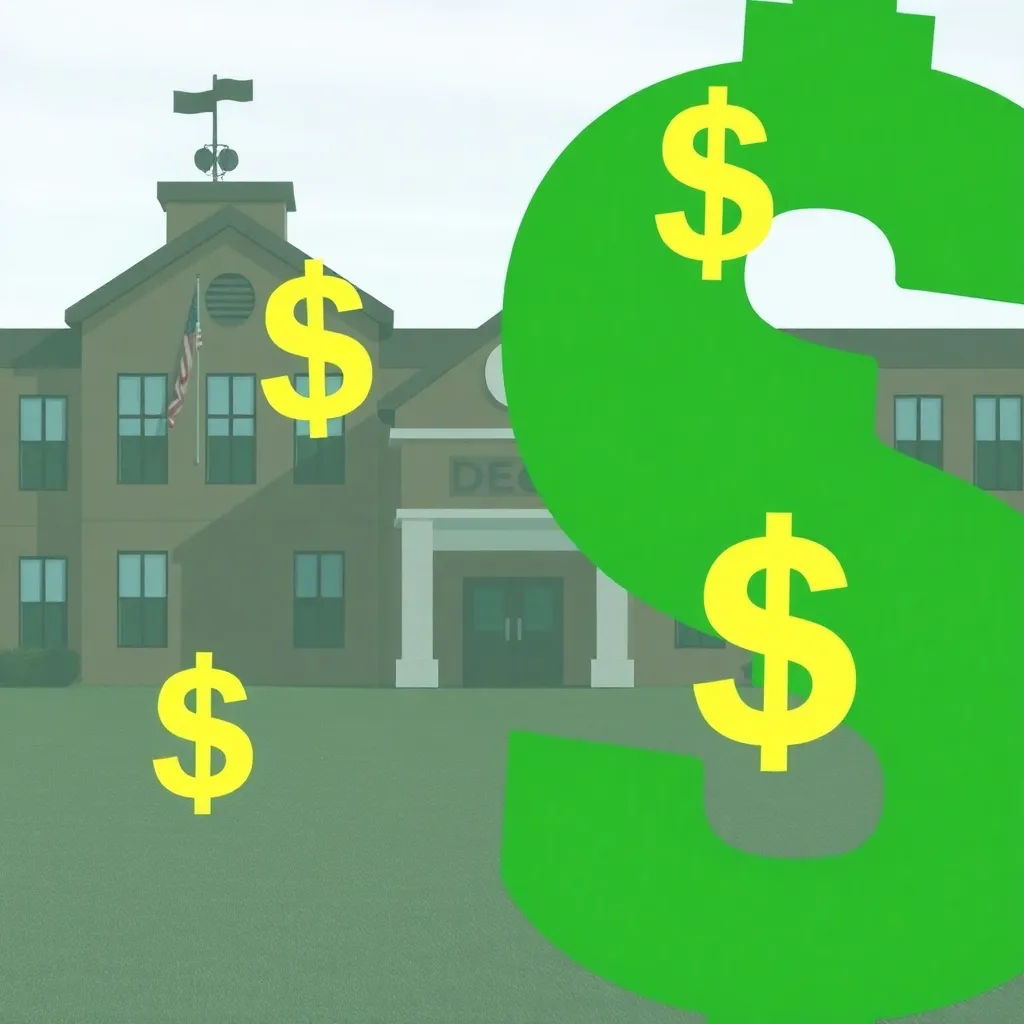

Tension in Tennessee: Can Cash Incentives Fix the Voucher Debate?
In Nashville, things are heating up as Governor Bill Lee tries to make a comeback with his plan for statewide private school vouchers. This time, he’s throwing a two thousand dollar bonus into the mix for public school teachers, hoping it will swing some critics to his side. But is cash really the magic fix for the concerns surrounding his voucher initiative?
For those who might be scratching their heads about the voucher concept, let’s break it down. Essentially, a voucher system would provide parents with funds to send their kids to private schools instead of public ones. Supporters argue that this gives families more options and promotes competition in education, potentially raising standards across the board. On the other hand, opponents worry that it siphons much-needed funding from public schools, which could hurt the quality of education for everyone.
So, what’s this bonus all about? Governor Lee is pitching the $2,000 one-time payment as a reward for teachers, aiming to make them feel appreciated while *simultaneously gaining their support* for his controversial voucher plan. But will it be enough? Many educators are unimpressed. Liz Marable, a respected voice in Memphis education circles, vehemently criticized the strategy, stating, “It’s a one-time bonus that’s basically asking us to sell out our public schools. But we are not for sale.”
Marable speaks for many teachers who feel that offering a bonus is not a solution to what they see as a larger systemic problem. They argue that the state should focus on providing long-term support to public schools rather than incentivizing teachers to back a plan that they believe could harm public education in the long run. After all, it’s not just about teachers; it’s about the students who rely on well-funded public schools.
The discussions around Lee’s voucher plan have sparked intense debate within the community. Many parents are passionate about the choice and opportunity that vouchers could bring, especially in underperforming districts. Yet, there’s a strong counterargument that taking funds out of public schools could ultimately hurt educational equity, leaving some students behind.
This dilemma raises an important question: Is education a service that should be funded publicly for the common good, or should parents be able to choose where their educational dollars go? The answers are as varied as the families involved. Some believe that school choice is essential to improve education, while others hold tight to the belief that financing should stay firmly within public systems to ensure equal access for all students.
As the legislative session unfolds, all eyes will be on how these discussions progress. Will the promise of extra cash for teachers sway the opinions of those who are against the vouchers? Or will educators like Marable continue to rally together, standing firm in their beliefs about the future of public schooling in Tennessee?
These questions loom large, and many community members are left waiting for answers. The stakes are high, and the future of Tennessee’s education could hinge on this very debate. As we continue to navigate this complex issue, one thing is clear: Tennesseans are passionate about education, and their voices will play a critical role in determining its future.
News Summary Memphis is set for significant renovations and expansion at Agricenter International, enhancing its…
News Summary The Tennessee Department of Health has revoked the license of former EMT JaMichael…
News Summary As heavy thunderstorms hit the Mid-South, the U.S. Army Corps of Engineers activates…
News Summary An evacuation took place at the Memphis Light, Gas, and Water (MLGW) downtown…
News Summary Memphis is set to welcome a new attraction, the immersive adventure museum 'Baron…
News Summary As warm spring sunshine graces Memphis, the weather forecast shows a mix of…